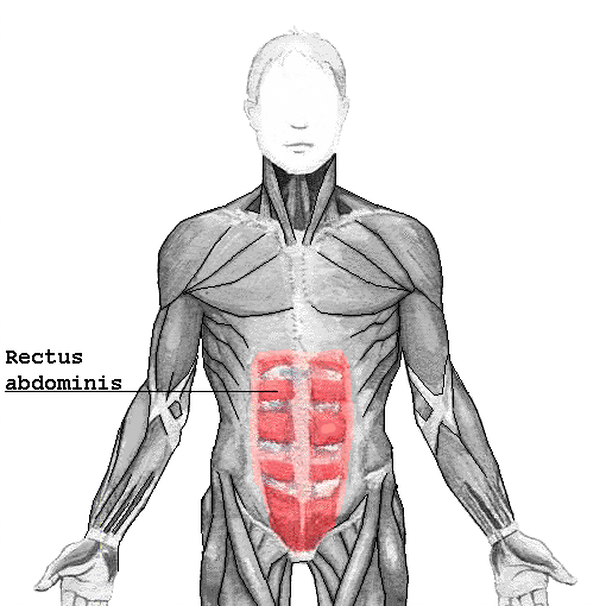Diastasis Recti
What exactly is diastasis recti? The word diastasis means "separation," and your recti muscles are the outermost abdominal muscles. These muscles are responsible for supporting your entire core (including your back) and your internal organs. When these muscles separate, the tissues that hold them together become weak and cannot effectively support your internal organs and your back. The effects of having diastasis recti include back pain, abdominal hernias, poor posture, constipation, bloating, or pelvic floor dysfunction. Pelvic floor dysfunction leads to things like "peeing your pants a little when you laugh"-- we hear this one far too often.
Curious who experiences diastasis recti? It is a common fallacy that only women who are or have been pregnant develop diastasis recti. In fact, everyone is born with their muscles separated. The muscles will usually come together by age 3, but not always. Women, children, and men can all develop diastasis recti. So, what causes it? Continual stretching of the connective tissue that joins these muscles in forward and sideways directions caused by pregnancy, surgery, weight gain in the abdominal area, and certain physical activities often performed incorrectly such as crunches, sit-ups, push ups, press-ups, and front planks, as well as some yoga poses.
So, how do you know if you have diastasis recti? You can easily perform a self-check by lying on your back with your knees bent and your feet flat on the floor. Place one hand behind your head and your other hand on your abdomen. Your fingertips should be parallel with your waistline at your belly button. Keep your abdominal muscles relaxed and press your fingertips inward. Roll into a crunch while moving your fingertips back and forth, feeling for the sides of your rectus muscles. A gap of more than 2 1/2 finger-widths indicates that you have a diastasis.
If you try this and feel a gap, don't worry! Diastasis recti is only temporary, as long as you're willing to put in a little effort. In our next blog post, Dr. Jaci will discuss a few exercises you can perform easily in the comfort of your own home, as well as share a few resources in case you need a little additional help.

